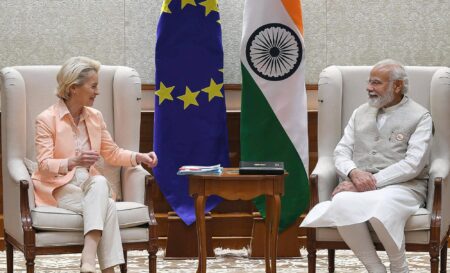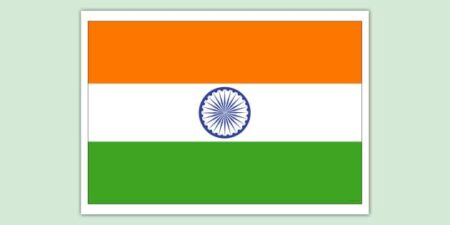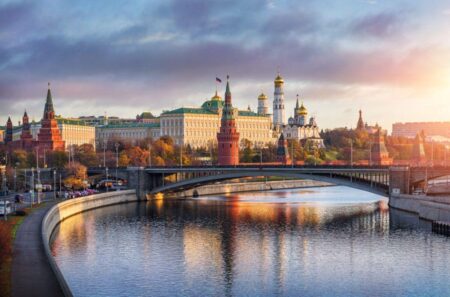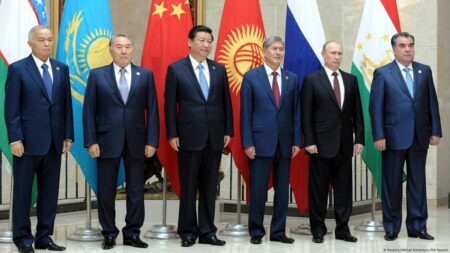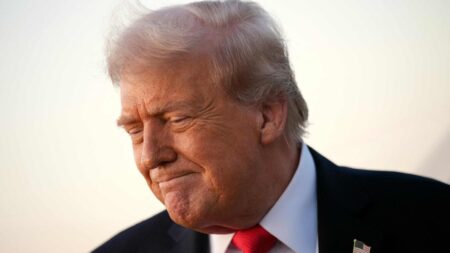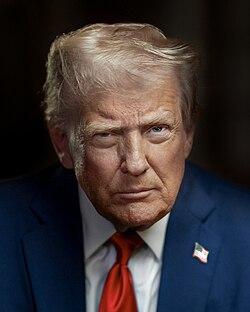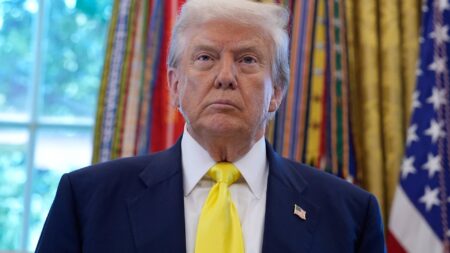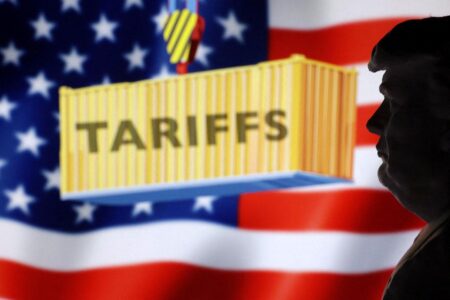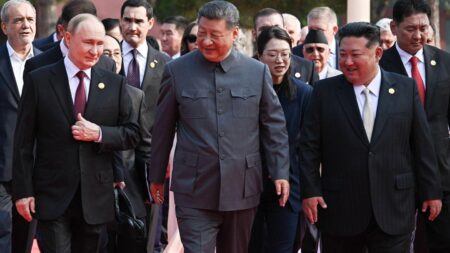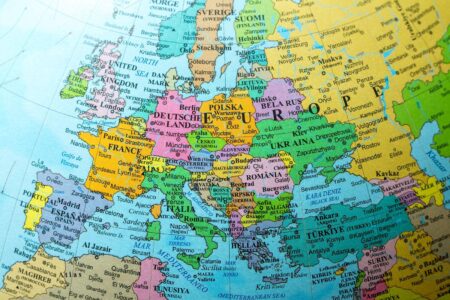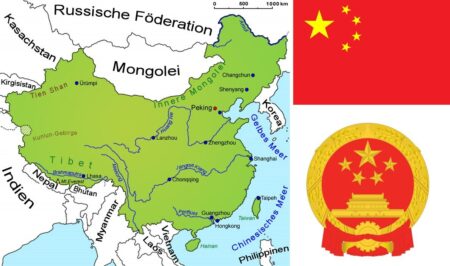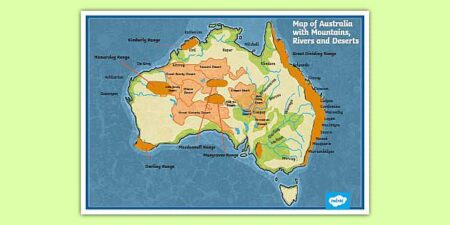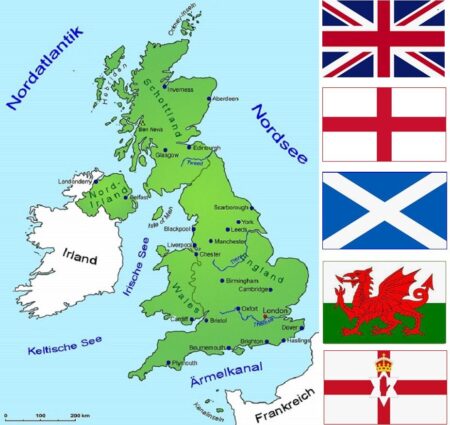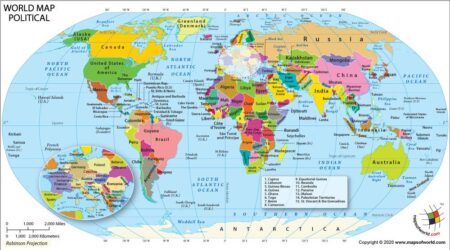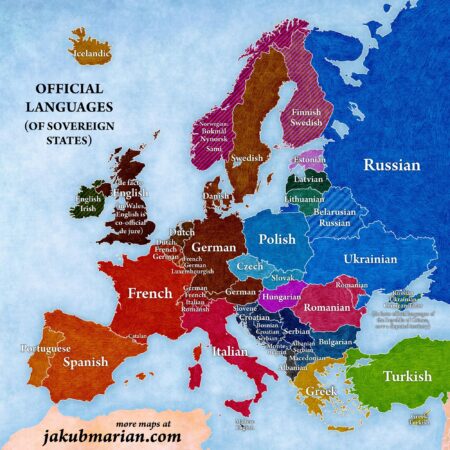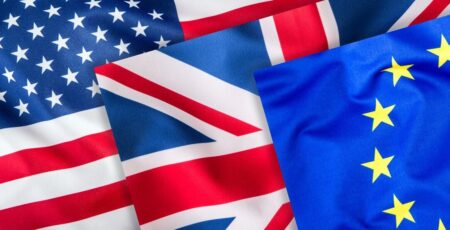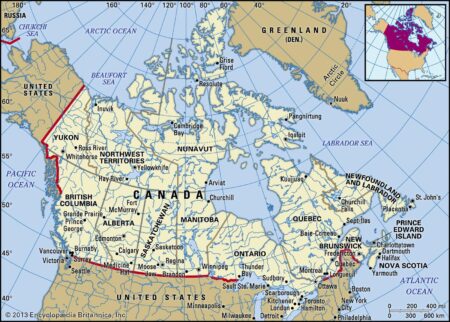The EU is eager to deepen its partnership with India, despite ongoing concerns about Prime Minister Modi’s connections to Russia. Brussels is determined to boost collaboration amid escalating geopolitical tensions and urgent energy security challenges
Browsing: global politics
India’s participation in Russian war games has complicated the EU’s ambitions to strengthen their partnership, casting a shadow over ongoing negotiations amid escalating geopolitical tensions, Financial Times reports
Russia appears to be steadily turning up the pressure on the West, making calculated moves that probe reactions without igniting open conflict. Experts warn this deliberate approach aims to advance Moscow’s goals while avoiding a full-scale confrontation
The Lowy Institute urges the UK to team up with the Indo-Pacific Four-Australia, India, Japan, and South Korea-to form a formidable new Quintet. This vibrant alliance aims to strengthen regional security and stand as a robust counterbalance to China’s expanding influence in the Indo-Pacific
The emergence of a powerful ‘anti-Western alliance’ signals a dramatic shift in global power, challenging Western dominance and compelling analysts to rethink the future of geopolitics, CNBC reports
Former President Trump has announced he’s poised to unleash a fresh wave of sanctions on Russia. Experts are eagerly dissecting how this bold move might disrupt diplomatic relations and send shockwaves through global markets amid escalating tensions
Former U.S. President Donald Trump sounded the alarm, warning that India and Russia seem to be falling deeper into the clutches of a “deepest, darkest China,” highlighting escalating geopolitical tensions, Reuters reports. His remarks underscore growing concerns over China’s rapidly expanding global influence
In Blindsided by Trump, Mukul Kesavan explores India’s strategic missteps under Modi, revealing the intricate challenges Delhi faces while maneuvering through a volatile global arena defined by US unpredictability and rising geopolitical tensions
In a landmark US Supreme Court case on tariffs, former President Trump spotlighted India, linking the dispute directly to the ongoing Ukraine-Russia conflict. This powerful appeal highlights how global geopolitical tensions are dramatically influencing today’s trade policies
Chinese President Xi Jinping, Russian President Vladimir Putin, and North Korean leader Kim Jong-un stood united at Beijing’s military parade, showcasing a striking and historic display of authoritarian strength amid rising global tensions
Spain’s Prime Minister unleashed a powerful critique of Europe’s response to the Gaza conflict, branding it a glaring failure. He cautioned that U.S. actions are shaking the foundations of the global order and made an urgent plea for international unity to bring back stability
China is capitalizing on the political turmoil surrounding former U.S. President Trump to rally global leaders in challenging the U.S.-dominated international order, all while striving to elevate its own influence and stature on the world stage
Rising tensions between the US and India are placing Australia in a tough spot, challenging its strategic alliances and trade priorities, warns the Lowy Institute. Canberra must navigate this complex triangle with careful precision to maintain its interests
Chinese, Russian, and Indian leaders have united in a powerful show of solidarity, pledging to deepen their cooperation in a bold message aimed at President Trump. This alliance underscores the urgent need for multilateral dialogue as global tensions escalate, The Wall Street Journal reports
The United Kingdom, France, and Germany have ramped up pressure on Iran by reimposing sanctions, shining a sharp spotlight on concerns over its nuclear ambitions and escalating regional aggression-raising the stakes in global diplomacy like never before
In this opinion piece, The New York Times explores how longstanding global skepticism toward America has been amplified by the policies and rhetoric of the Trump administration, exposing a dramatic drop in trust toward U.S. leadership
European powers are intensifying pressure on Iran, threatening new UN sanctions as nuclear talks stall. Al Jazeera cautions that this move could heighten tensions and narrow the chances for a diplomatic breakthrough
The UK, Germany, and France have taken a bold leap by triggering UN sanctions on Iran, accusing Tehran of violating the nuclear deal. This powerful move intensifies global pressure on Iran like never before
Canada’s Finance Minister Mark Carney met with Ukrainian President Volodymyr Zelenskyy to deliver a powerful message of support, emphasizing unwavering security guarantees and reaffirming Canada’s steadfast commitment to Ukraine’s sovereignty amid the ongoing conflict
France has called in the US envoy following a letter highlighting a sharp rise in antisemitism across the country, intensifying diplomatic tensions over the handling of hate crimes, according to USA Today

